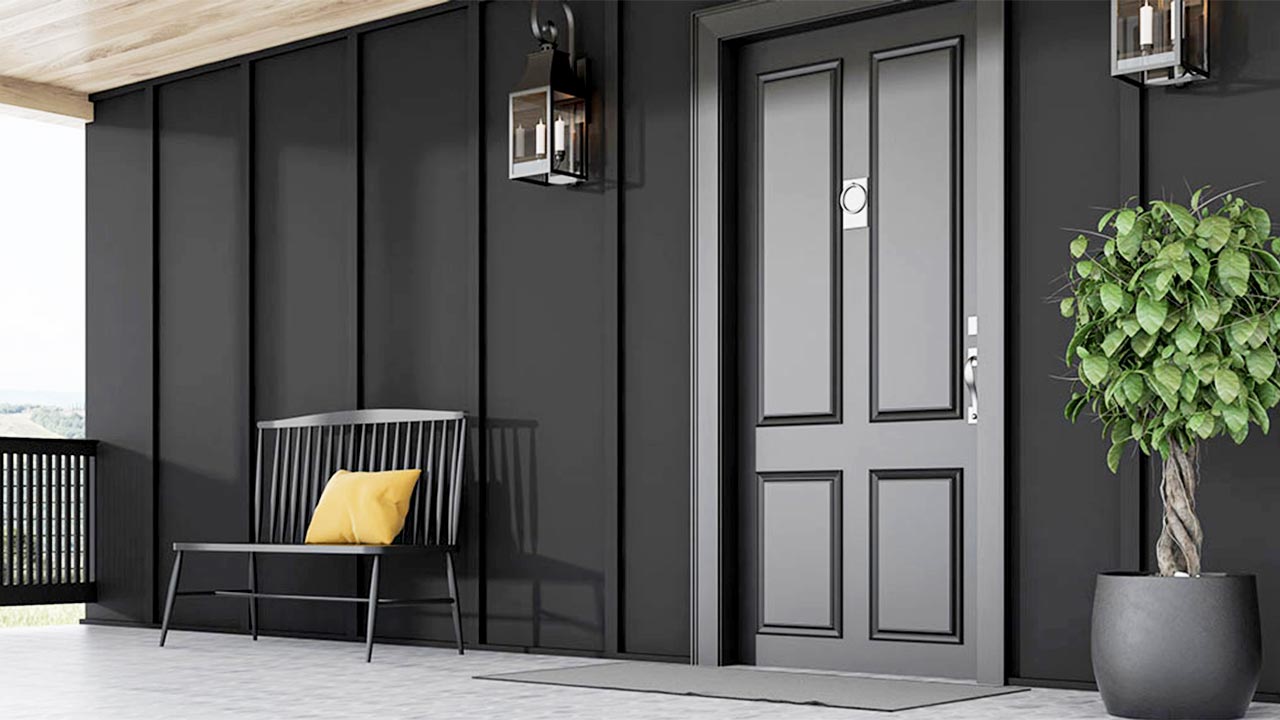
MyHomeGuard is more than just household insurance. It provides cover for ATM assault, injuries resulting from theft, and personal accidents that occur outside your home.

Life has so much to offer. To ensure that you live yours to the fullest, our life protection insurance provides comprehensive solutions to grow your wealth and to protect your health according to your changing needs and goals.

Chubb leverages superior underwriting expertise and world renowned claims, account services, and financial strength to offer solutions for small and medium businesses.

Today’s multinational organizations face complex and interconnected risks. We offer insurance solutions that are tailored to global needs as well as local requirements, helping them address their risk management challenges.


Our partners’ contributions to our success are undeniable. As one of the world’s largest and strongest insurers, we offer a range of products and services capabilities through our distribution channels to ensure yours, too.

Chubb has a proven track record of maximising ancillary revenue for more than 120 business partners across Asia Pacific.


Protect your travel adventures, home, and everyday moments with Chubb’s General Insurance. Enjoy flexible coverage from a global insurance leader and buy online in minutes—peace of mind is just a click away.

Buy life insurance online for all your needs—critical illness, accidents, and term life. Enjoy comprehensive protection, health and wellness benefits, and flexible coverage options with easy online purchase.
What are the chances of a fire breakout, water damage or theft at your home?
The typical responses would be:
- “Hardly a chance as it is unlikely I will be so unlucky.”
- “In any case, my home is already insured against a fire breakout.”
The above may sound familiar to most of us who do not believe in or have not purchased home contents insurance. But let’s take a look at reality:
Fact 1
Most homes only have basic fire insurance which covers the reinstatement of the internal and external structures of your home. It does not compensate you for damaged renovation works, nor furniture or personal belongings that are stolen or destroyed.
Fact 2
Fires or flash floods are not isolated incidents; very often, they can lead to bigger problems such as burst water pipes or short-circuiting of electrical appliances within a household. The costs of restoring these localized damages can snowball to substantial amounts.
Fact 3
In apartments, fire and water damage incidents can be caused by neighbouring units. These incidents, through no fault of your own, may damage your home and belongings.
When such incidents happen, they can have a major impact on your liquidity. Just think of the amount of work and expense required to fix your property and replace the furnishings and belongings. This potential problem does not apply to only homeowners and landlords, it affects tenants too.
Choosing the right coverage for your home
Owner-occupier
Besides a comprehensive cover for your physical home, think of how you can further stretch your dollar to protect you and your family.
In the event of a mishap within the insured premises, some home insurance policies provide personal liability coverage. Should your home become uninhabitable due to the mishap, some policies also cover the cost of putting up at a temporary accommodation until your property is fully restored.
Landlords
If you are leasing out a property without renovation and furnishing, it makes sense to opt for basic coverage for the internal and external structures of the home unit. But if your tenanted property is fully renovated and furnished, it is prudent to expand the coverage to include the loss of or accidental damages to contents and renovation.
Additionally, as a landlord, you take on different risks, says, the legal liabilities to your neighbours, should the mishap at your property affect their well-being. These risks should be well-mitigated with the right protection.
Tenants
Many tenants think that their landlord’s insurance will cover their losses if there’s a break-in, fire, flood, or other catastrophic events that may wipe out their belongings. This is not the case as the coverage in the landlord’s insurance will typically only protect their own interests.
In other words, your investments to create a cosy home - the customised furniture, costly home electrical appliances, and precious knick-knacks that were bought during your overseas vacations - are your sole responsibility. They ought to be well protected.
Just like landlords, all tenants have their share of liabilities. You should be prepared to compensateif there is third party liability arising from an accident on your part.
With the myriad of options available, it can be daunting to pick the right cover for your home. The key is to keep track of the costs that have been pumped into building your dream nest and the value of your home contents to determine the appropriate level of protection needed.
Insights and Expertise
Have a question or need more information?
Contact us to find out how we can help you get covered against potential risks.
No part of this article may be reproduced in any written, electronic, recording, or printed form without written permission of Chubb.
Disclaimer - All contents of this article are intended for general information/guidance purposes only and not intended to be an offer or solicitation of insurance products or personal advice or a recommendation to any individual or business of any product or service. This article should not be relied on for legal advice or policy coverage and cannot be viewed as a substitute to obtaining proper legal or other professional advice, or for reading the policy documents. You should read the policy documents to determine whether any of the insurance product(s) discussed are right for you or your business, noting different limits, exclusions, terms and conditions apply in each country or territory, and not all cover is available in all countries or territories.

